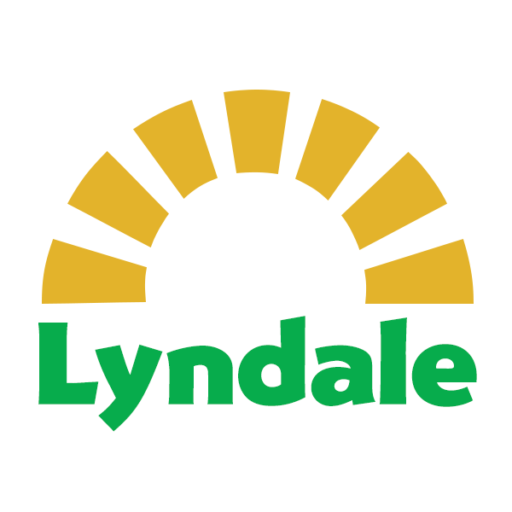About Our Education Program
According to 2010 census data, LNA estimated that there were almost 6,000 community members in Lyndale and Whittier who spoke a language other than English at home, with a majority living within four to five blocks of Lake Street. While this area had a high concentration of non-English speakers, it did not have an Education program within easy walking distance. Additionally, requests for place based English classes was one of the most common requests our outreach staff heard from English and non-English-speaking neighbors.
Thus, in 2011, LNA started the Lyndale Education Program. From humble beginnings in the basements of community buildings taught largely by volunteers, our ELL program is now LNA’s largest program. Currently part of the Metro East Adult Basic Education (ABE) Consortium, LNA now employs professional teachers who are recognized leaders in their field, reaching over 250 individual students each year in multiple sites throughout the neighborhood.
The Education program is designed to reach four main program goals.
- Help students improve their English and digital literacy skills
- Connect community members to resources in Lyndale and in the community at large
- Remove barriers to students developing and sharing their voices in the community
- Connect people across cultures
Since its start, the Lyndale Education Program has had a unique set of strengths among ABE programs. Instead of holding classes in a generic space that learners have to travel to, the program operates in community spaces in which our neighbors are already living and receiving a variety of services that complement adult basic educational goals (i.e. financial literacy through our partners at Wells Fargo; tenant’s rights in a public housing setting; healthy living at the YMCA). We create a fun, productive, stimulating learning environment, offering a variety of program options throughout the day in community spaces that are walkable or accessible by bus or bike to many of South Minneapolis’ immigrant and refugee residents. We coordinate with the Blaisdell YMCA to make free childcare available to our evening students, provide a tailored curriculum to make English and life skills instruction relevant to our East African elder learners at Horn Towers and customize all of our curriculum to self-identified learner goals through learner feedback, needs assessments and expert teacher observation of learner’s skill gaps. We also ensure that learners are challenged at their respective levels of English and literacy proficiency by differentiating instruction through volunteer support.
Lyndale Education Program has always integrated community participation into our program design. Learners participate in lessons planned around content in our neighborhood newspaper, discuss the work of local neighborhood boards and organizations and provided transportation to join in on local community events, such as neighborhood meetings and annual festivals and celebrations. Several of our learners have served on our neighborhood’s board, worked as employees of the neighborhood association and taken leadership positions in other community programs, such as Somali and Latina women’s leadership cohorts and a Latina women’s improv course. One learner joined Lyndale educators for a Day on the Hill at the MN State Capitol, meeting with then Rep. Karen Clark to advocate on behalf of the value of ABE instruction. We believe that learners invest more time in their education when they see how their learning community connects to opportunities for personal growth, leadership roles and self-advocacy in the larger community of their neighborhood, city and state.
Our teachers and volunteer classroom assistants create a safe environment in which learners can practice their English and academic skills and make the mistakes that lead to learning in a comfortable setting. This raises their confidence to try what they’ve learned outside of the classroom with new people. We consistently receive feedback about students who achieved tasks in the community (using an ATM in English! Returning an item in a store! Communicating with a doctor without an interpreter!) thanks to the opportunity to learn the necessary vocabulary and practice their skills in class. And we count on our reputation among longtime students to refer friends and family members to our classes.
